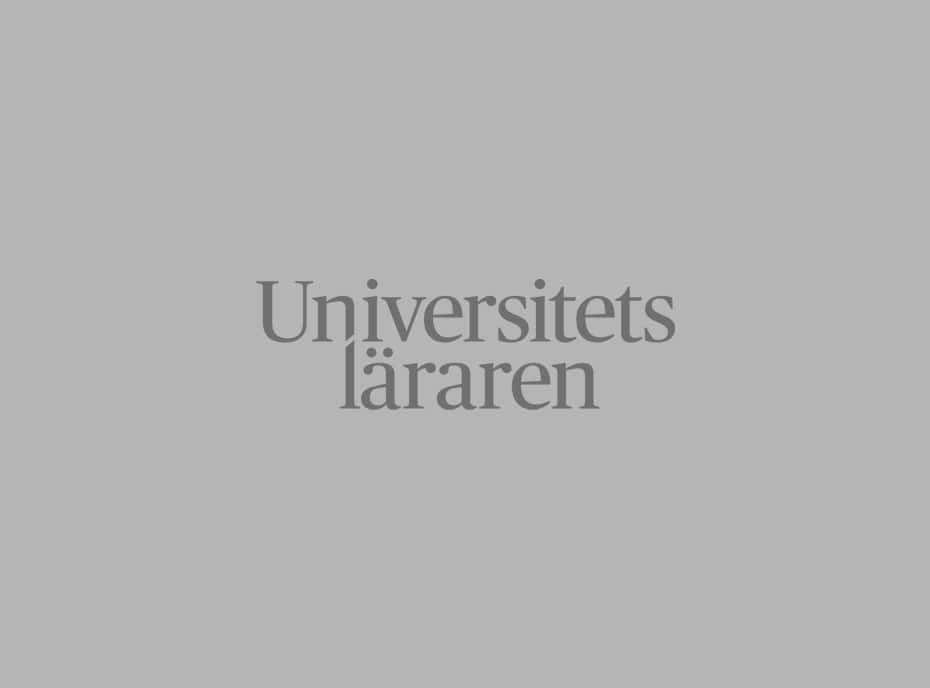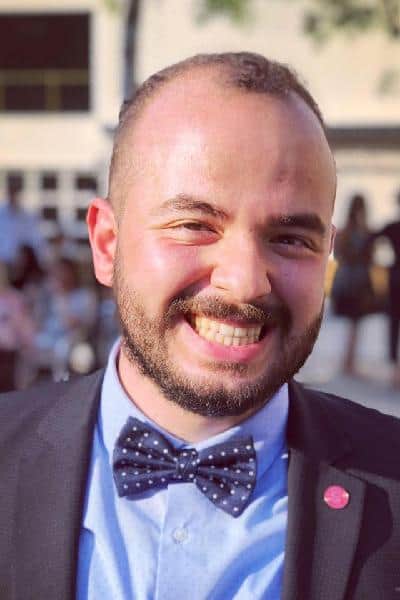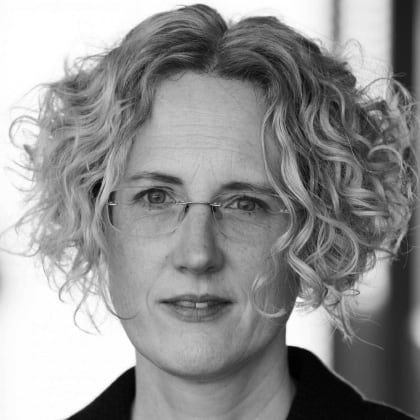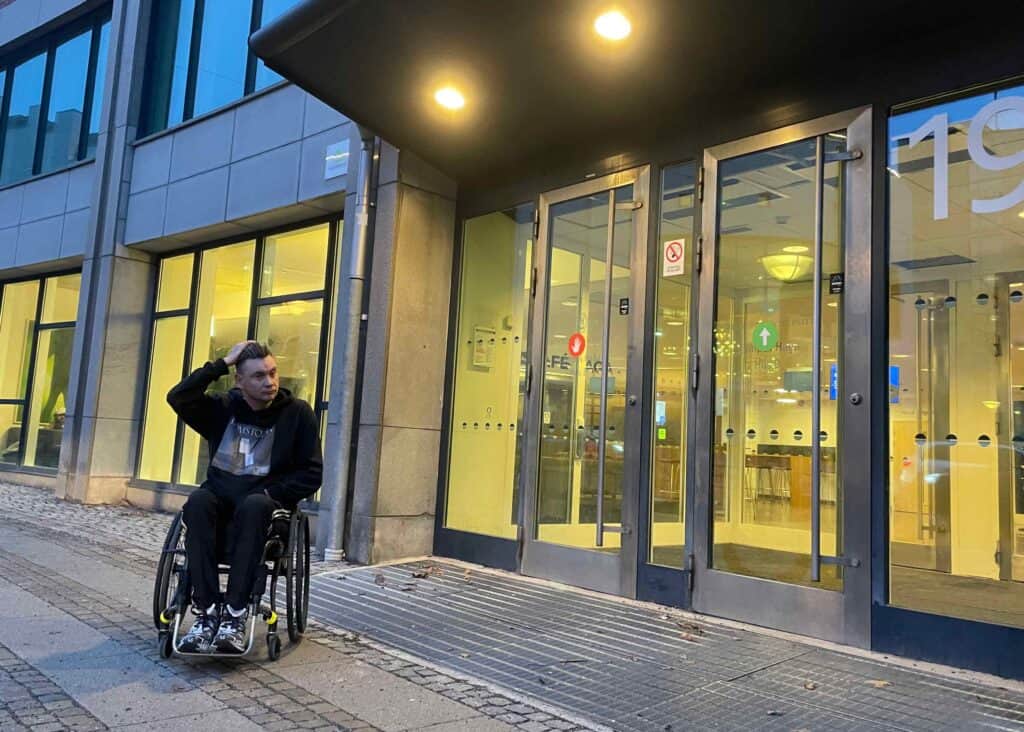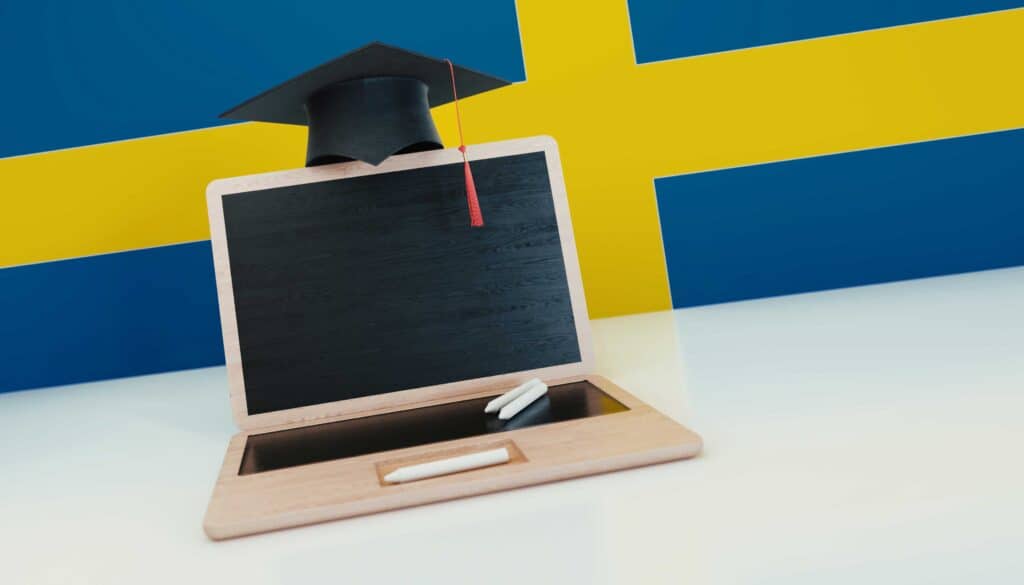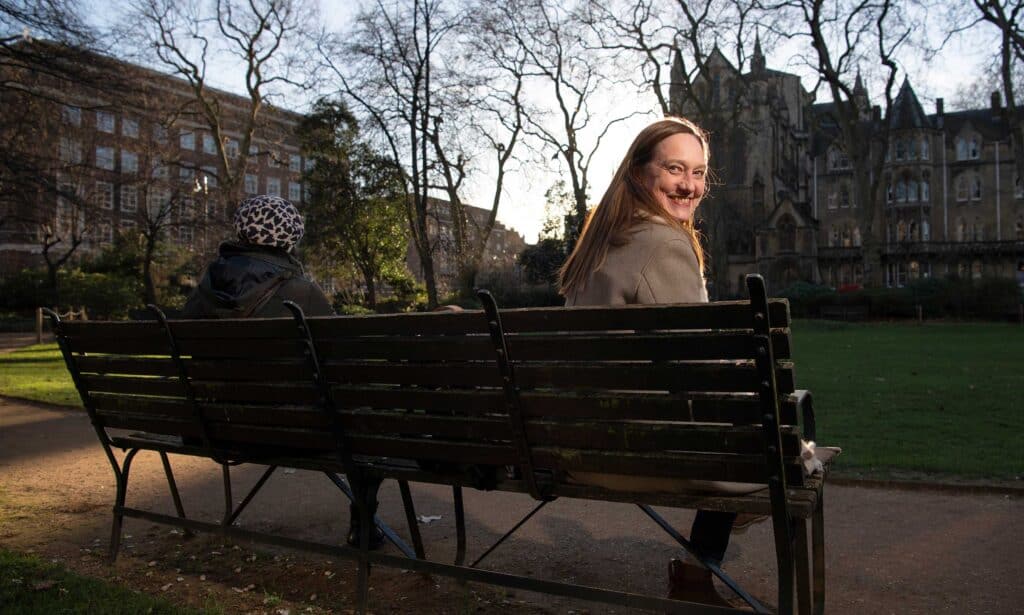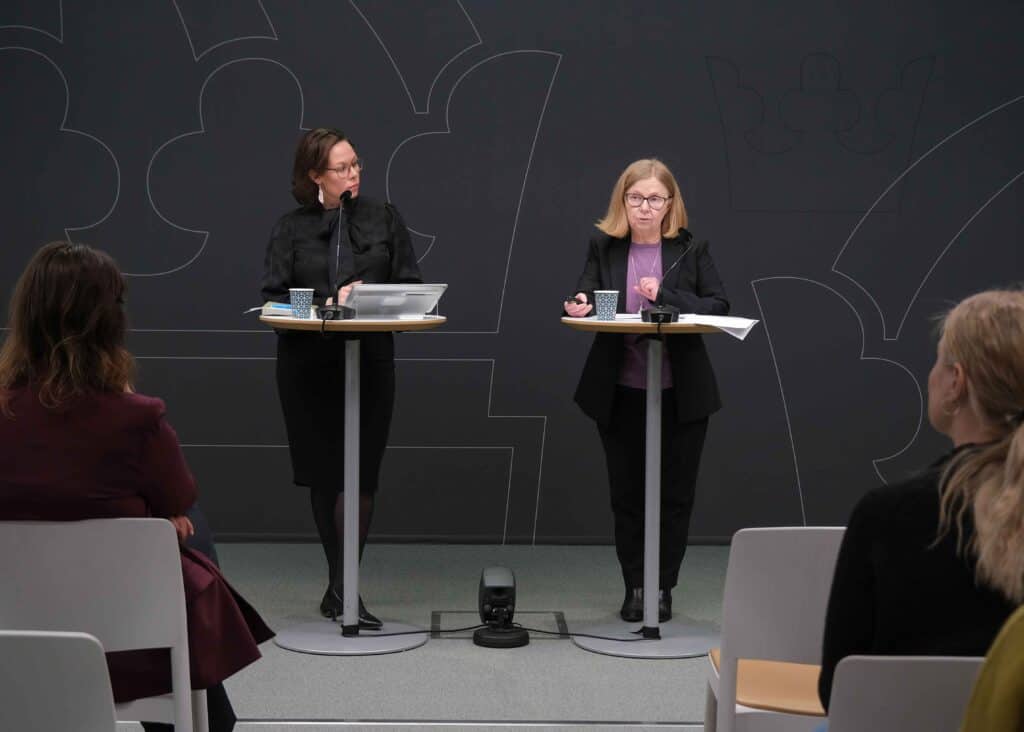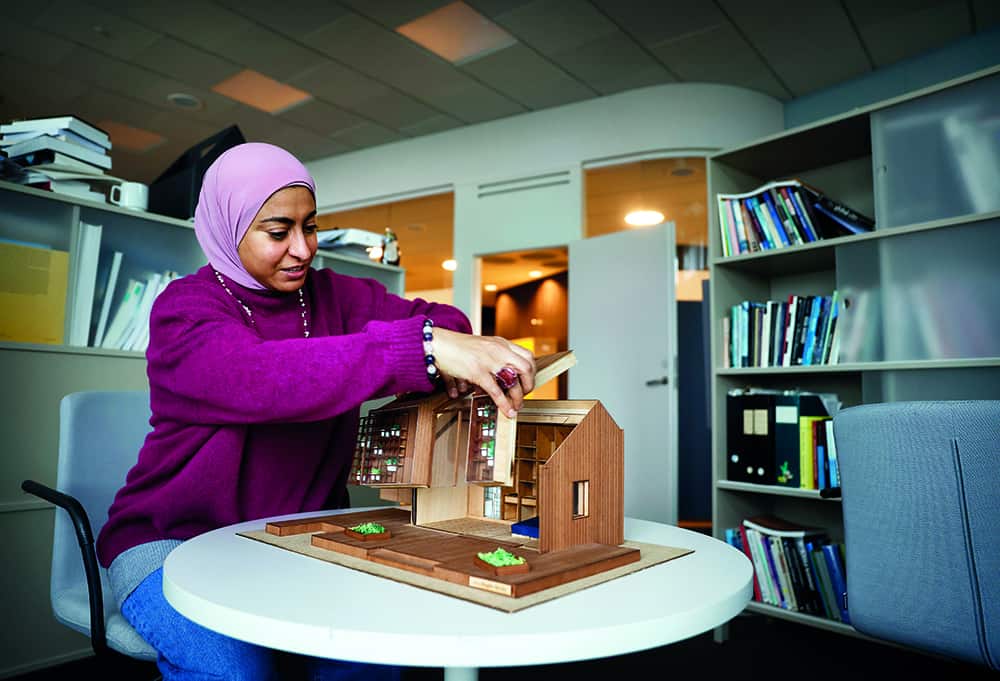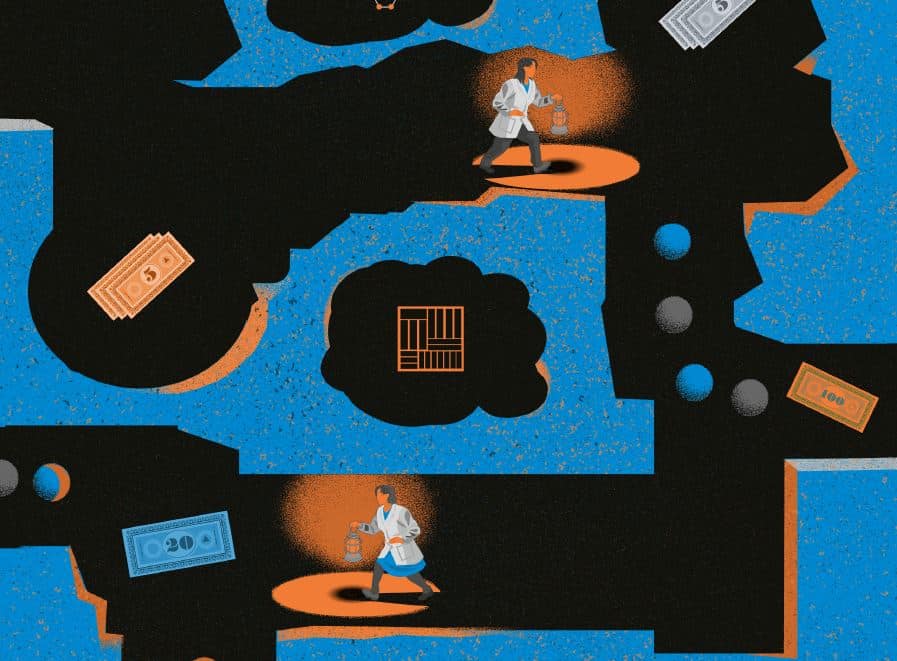
Something very strange is going on with critical researchers here in Sweden. If they are not participating in hate campaigns, they are threatening other researchers. Since when did Swedish researchers here become so subversive, seditious even? It’s almost … unbelievable! Especially when these claims have been made by powerful actors with a strong interest in silencing criticism, but markedly less interest in substantiating their claims.
But we are getting ahead of ourselves. Let’s start at the beginning: how did we get here?

On February 9, Swedish Radio’s flagship science programme, Vetenskapsradion, broadcast the results of an investigation into the private Facebook group Media Watchdogs of Sweden (MEWAS; disclaimer: we are not members of MEWAS or any other activist groups). The group – comprising researchers, journalists, and laypeople – is united by their common critical view of Sweden’s pandemic response. Swedish Radio secretly joined the group and observed the behaviour of the participants. In the programme, members were accused of attempting to damage Swedish national interests, and the tone and methods of the group were described as “very troubling”.
The allegations quickly travelled through the media landscape and developed a life of their own. The well-known science communicator Emma Frans declared that the group was “a threat to democracy”, a claim retweeted by the official Twitter account of the Public Health Agency. By the next week, Johan Carlson – the director of the Public Health Agency – was on television explicitly accusing “leading researchers” of “participating in a hate campaign” against proponents of the Swedish strategy (Rapport, February 18).
These very serious and worrying claims of critical researchers threatening colleagues, harming democracy, and attempting to damage national interests have marked a shift in the national conversation around the “Swedish approach”. Instead of debating the use of masks, or the morality of skiing holidays on the brink of a possible third wave, the national discussion focused instead on “tone” and the role of researchers and experts in public discourse. Meanwhile, SVT and major national newspapers uncritically reproduced the various, and again very serious, accusations.
Given its remit, it is unsurprising that Universitetsläraren itself would take up these issues. Sure enough, one news article and one column duly followed, both repeating the accusations and echoing what has become the dominant narrative: researchers critical of the Swedish pandemic strategy are systematically harassing and victimising their pro-strategy colleagues.
But is this really true? Let’s examine the evidence.
Before we proceed, we want to be clear. Sadly, researchers on both sides of this debate have suffered from hate and threats and we – obviously – do not condone this behaviour. No buts, no qualifications. Researchers must be supported and protected, and to the extent that it is possible, perpetrators should face consequences for their actions. We think all SULF members, indeed, all stakeholders in this debate, can agree on this.
Our issue lies with the conflation of threats and hate from the general public with critical engagement in scientific debate. Specifically, actors such as Swedish Radio, the Public Health Agency, Johan Carlson, and Emma Frans all have powerful, authoritative, and/or institutionalised positions which they have used to level grave accusations at critical researchers. At this point, however, there has been no evidence presented that “leading researchers” are organising such “hate campaigns” or that they are involved in threats against other researchers.
Weeks later, these accusations remain unsubstantiated. Day in and day out, opinion leaders, journalists, university rectors – even the Minister for Higher Education and Research Matilda Ernkrans and our own Universitetsläraren – repeat these claims, but we are yet to see a single example of a researcher threatening another researcher. As for leading researchers orchestrating hate campaigns, the worst (and only) example presented thus far is one professor calling another ethically “sick” on Twitter. While we may not condone this kind of language, and we think SULF members will agree that ad hominems should have no place in scientific discourse, this is not a hate campaign, or a threat to democracy, or even a threat to the researcher on the receiving end of the insult.
This is not a trivial point. Powerful authority figures making sweeping, unsubstantiated accusations of researchers orchestrating threats and hate campaigns is actually a threat to both freedom of speech and academic freedom. In particular, it will likely increase the already serious problem of self-censorship. If critique is equated with threats and hate, we can expect many others to avoid the debate, particularly more vulnerable researchers who do not have stable, permanent positions within academia.
This concerns all of us, Swedish and international, those who support the strategy, those who criticise it, and even those who take no position. Many of us should be able to imagine, without too much difficulty, a scenario where our research becomes contentious and puts us in opposition with government policy. In this scenario, obviously none of us would like to have our informed critique conflated with hate, or worse to be accused in the public square of threatening people.
This is a particularly salient point considering that the government recently introduced a research bill ostensibly aimed at protecting researchers, while also asserting that academic freedom must be “exercised within the existing legal framework and on the basis of the values that apply’” (p.131). Since threatening people is already illegal, the assertion that academic freedom should be conditioned by “values” should give us all pause. Prevailing values, after all, can change with the political winds.
Furthermore, Minister Matilda Ernkrans has highlighted the importance of the amendment using the current situation. Specifically, she states that a year ago this was an issue for researchers working on topics such as climate change, immigration, and gender, but “now, researchers in the field of Covid-19 are the ones being hated on”. The amendment “was important a year ago but it’s more important now”. While the proposed amendment predates the current controversies, Minister Ernkrans certainly demonstrates a new-found sense of urgency. We would like to ask Minister Ernkrans why she did not express the same urgency last spring when critical researchers were publicly humiliated in the media and privately threatened by members of the public? We find this selective concern ominous.
In this whole debacle, it is the public reputation of our profession that is being tarnished by this mudslinging and political point-scoring. If it is true that researchers have orchestrated hate and threats, it is far past time that the evidence is laid out and action is taken. If not, then we ask that those who have had a hand in disseminating this narrative to publicly repudiate it.
There can be no doubt that personal threats to researchers is an attack on academic freedom that needs to be confronted. But it is a far greater threat to academic freedom and freedom of expression when those in positions of power and authority conflate legitimate critique with threats to public safety and national security, and in doing so silence critical voices.
Paul O’Shea, Senior Lecturer (Docent)
Nicholas Loubere, Senior Lecturer (Docent)
Reply from Universitetsläraren
In their opinion piece, Paul O´Shea and Nicholas Loubere highlight an important issue, namely the use of the terms “hate” and “threats”.
These have almost become generic terms when discussing public debates and are unfortunately used instead of more nuanced and varied expressions that would probably enrich debates and the media, regardless of the subject.
According to O’Shea and Loubere, Universitetsläraren’s news article and column contribute to a “narrative” which says that “researchers who are critical of the Swedish pandemic strategy systematically harass colleagues who are in favour of the strategy”. They question whether it is true that critical researchers are participating in hate campaigns and threatening other researchers.
However, Universitetsläraren has not claimed that this is the case. The phrase “hate campaign” does not appear in the texts, nor do the texts claim that researchers have “threatened” other researchers.
In our interview with Matilda Ernkrans, the Swedish Minister for Higher Education and Research, she said that she is concerned about “angry personal attacks” and that the debate on covid-19 “generates coarse mudslinging”. In the text, Universitetsläraren also writes that Jonas F Ludvigsson has been subjected to “furious” comments. The word “threats” occurs once, when we write that threats against Jonas F Ludvigsson have been reported to the police. We quote Ludvigsson’s statement in Läkartidningen, the medical journal published by the Swedish Medical Association, where he expressed surprise that other researchers “cross the line” with their aggressive comments.
In her column, MarieLouise Samuelsson writes about decades of experience covering vitriolic research battles, and she also describes how the debate about corona strategies has revealed many people’s worst sides, leading to a kind of research road rage.
The column does not contain any allegations of hatred and threats, concepts which – to link back to the beginning of our reply – Universitetsläraren also has a responsibility not to use casually.
Anders Jinneklint, Editor-in-Chief, Universitetsläraren
MarieLouise Samuelsson, freelance journalist and columnist with many years of experience writing for Universitetsläraren
